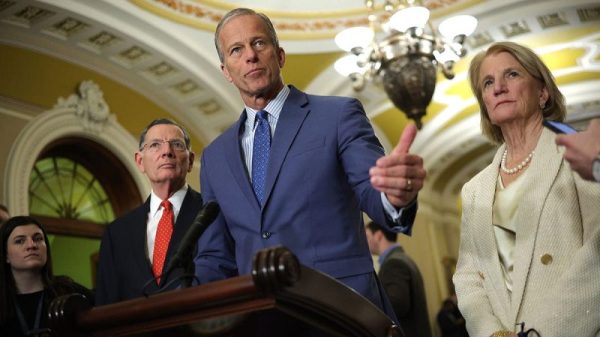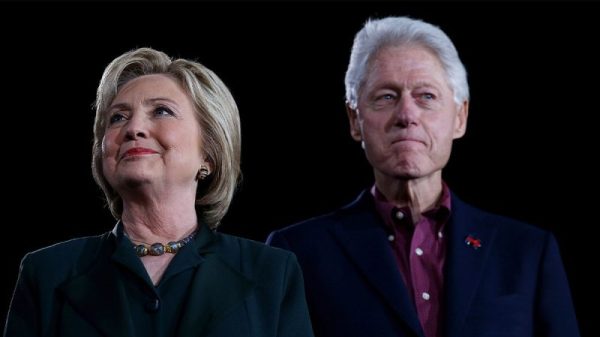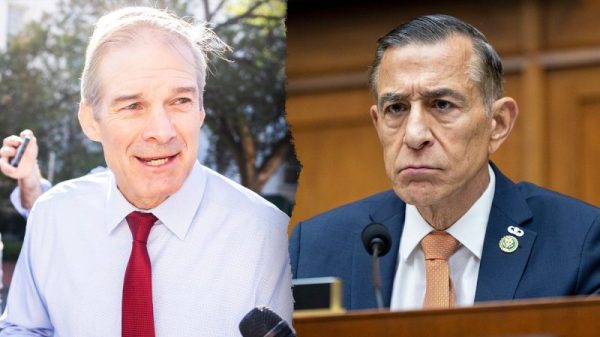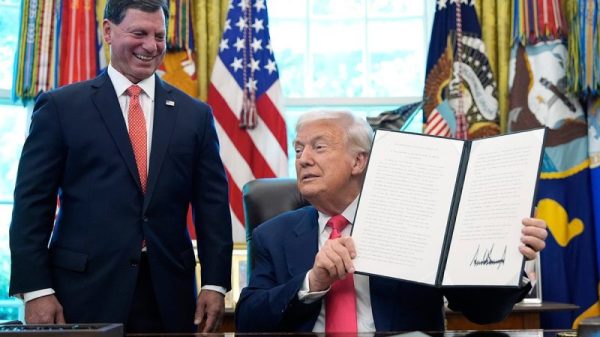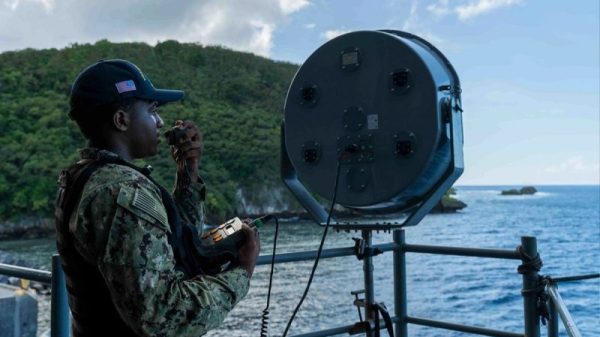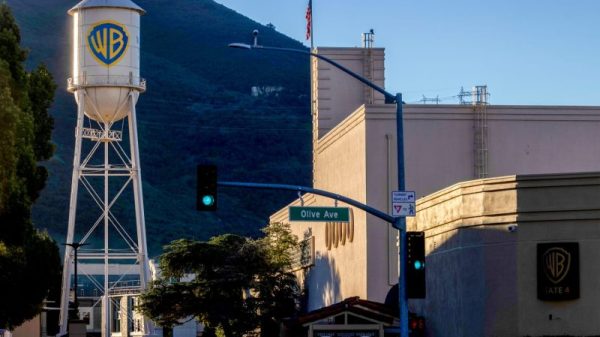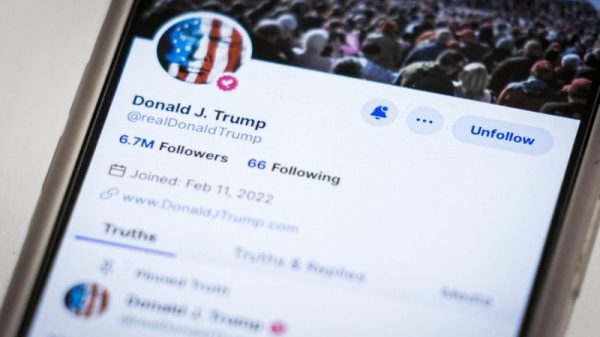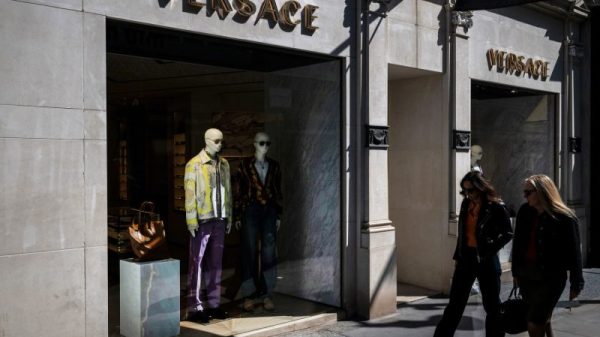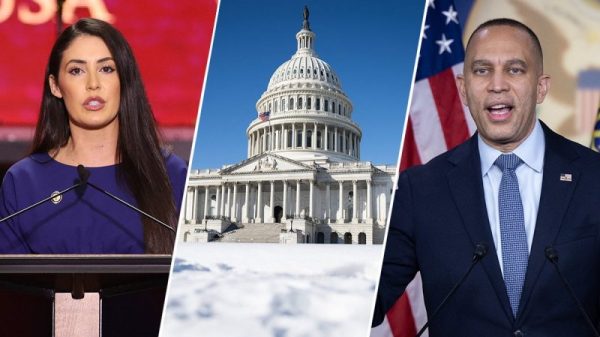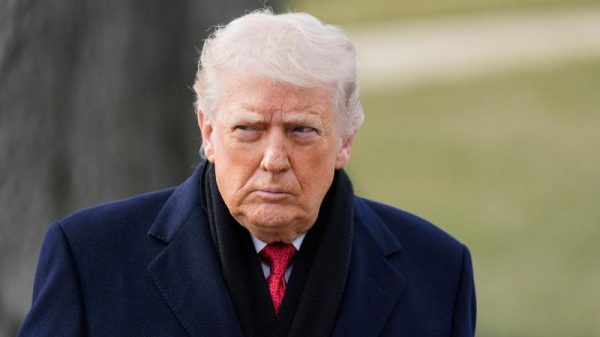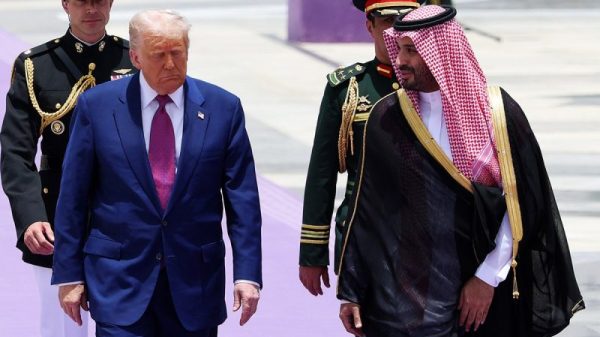Grace Forrest is the founding director of Walk Free, the Australian-based anti-slavery organization responsible for publishing the Global Slavery Index (GSI).
The GSI provides national estimates of modern slavery for 167 countries, drawn from thousands of interviews with survivors collected through surveys and vulnerability assessments.
The interview has been lightly edited for length and clarity.
Grace Forrest: It’s an incredible honor to receive the “Freedom from Fear” award, and the organization, the Roosevelt Foundation, has such a rich history in international law and human rights. “Freedom from Fear” itself is usually around categorizing the protection of civilians in conflict and disarmament around world conflict zones. And I think it’s incredible that they have given the platform to the area of modern slavery, where tens of millions of people are living, not free from fear at all – where, frankly, their freedom from fear is most categorized as not having their freedom to choose.
From that experience, working on the frontline, I learned the hard way that for every person that is pulled out, another person will go in. Modern slavery is sadly one of the most profitable organized crimes in the world, and it was from that experience that we founded Walk Free, which is an international human rights organization, focused on the eradication of modern slavery in all its forms, in our lifetime.
Grace Forrest: The Global Slavery Index is the world’s most comprehensive data set on measuring and understanding modern slavery. It’s built-in partnership with people with lived experience from countries throughout the world, and it’s built from measuring modern slavery throughout the world through Gallup World poll, in partnership with the ILO and IOM, where we create something called the global estimates of modern slavery. From that data baseline, we build out a vulnerability metric to understand the number of people living in modern slavery across 167 countries. On top of this we also have a government response index which looks at what each and every country can do, or frankly, what they’re not doing to combat modern slavery on their shores and in their supply chains.
The Global Slavery Index, now in its fifth edition, has shockingly found that in the last five years there’s been a 10 million person increase of the number of people living in modern slavery globally. So that has taken our figure to 50 million people living in modern slavery throughout the world, 28 million people living in forced labor, 22 million people living in forced marriages.
What is unique as well about the Global Slavery Index is we look at who is responsible for the prevalence of forced labor in the world and in the supply chains of the goods we buy and use every day. And the answer is simple: it is the G20 countries. Twenty of the world’s most powerful nations responsible for 75% of the world’s trade and hundreds of billions of dollars of import risk every year of goods that we buy and use every day. It could be as close as the shirt on your back, the coffee you drank this morning, or the television that you’re watching. And by measuring and ranking this import risk, we’re about putting the onus back on where this risk is occurring and who is most responsible for affecting it. So the Global Slavery Index is a very important tool in showing the world how large the scale of the problem is.
Grace Forrest: The 10 million person increase of the number of people living in modern slavery in the last five years can be attributed to compounding crises. From the Covid-19 pandemic to the climate crisis to protracted conflict, we know that all these areas of crises exacerbate vulnerability to human trafficking and modern slavery.
We know that vulnerability is going up. What we are not seeing alongside this is the political will to match it. The fact there are three G20 countries in the top 10 countries of prevalence in our last Global Slavery Index is deeply concerning. We need to look at modern slavery and human trafficking as the intersectional issue that it is. There cannot be climate solutions that are based on exploiting people at the front of those supply chains, from the Uyghur population in Xinjiang, to people working in the Congo for essential minerals for batteries. You cannot build a green transition based on the same historical systems of exploitation that our current economy comes from.
So I think that it’s time that modern slavery is seen as deeply intersected with the climate crisis. It’s time that there are modern slavery responses built into how we respond to conflict and distress migration. And certainly, the Covid-19 pandemic ripped the veil down on the vulnerability of our global supply chains, and the fact that the world’s most vulnerable people were hit hardest and fastest by that pandemic each and every time.
Grace Forrest: I think the quickest way that any one of us gives up our power is by not knowing how much of it we have, and the first thing that we can do to understand our interconnectivity, and what we can do to fight human trafficking and modern slavery is to first understand how we’re all connected to it. So, as I said earlier, this could be as close as the shirt on your back. We know that cotton is an industry that, frankly, has never not been exploitative. It is connected to historical slavery, it is deeply connected to modern slavery, and even though countries speak very proudly about abolishing the slave trade, when we look at industries like cotton, we really need to ask the question, did wealthy countries actually abolish slavery, or did they simply outsource the problem?
Exploitation is by design, not default. And I think understanding how we are connected to it, and asking questions of companies, asking questions behind everything that we do, is so critical as a starting point, because we’ve been hoodwinked into thinking in the 21st century that we shouldn’t know who made our clothes and where they came from, and that’s simply not good enough, especially when we know the fashion industry is one of the leading industries globally in relation to modern slavery. So ask, “who made your clothes?” Ask questions about where your coffee comes from, where your television comes from, and it’s not about one person having to change everything. It’s about a sea of voices of consumers. Frankly, in the global north, coming together to say, we do not want to consume human suffering with the goods we buy and use every day, because by default, that is how our system is running, and we can do better.
Countries within Europe have just passed a really critical piece of legislation called the Corporate Sustainability Due Diligence Directive. And what this does is have companies look for instances of vulnerability, of forced labor within their supply chains, and proactively work to fix it. Industries working together that are high risk. There’s no reason why the United States should not have legislation such as this. There’s no reason why every G20 country shouldn’t have legislation such as this. So I think it’s about understanding that where you put your money and where you put your vote, it deeply matters. Vote for people that care about the issues that you care about. As we head into an election year in so many parts of the world, it’s time we ask ourselves, do we see our values reflected in the leaders around us, and remember that elected officials work for you, so ask questions and demand answers.

